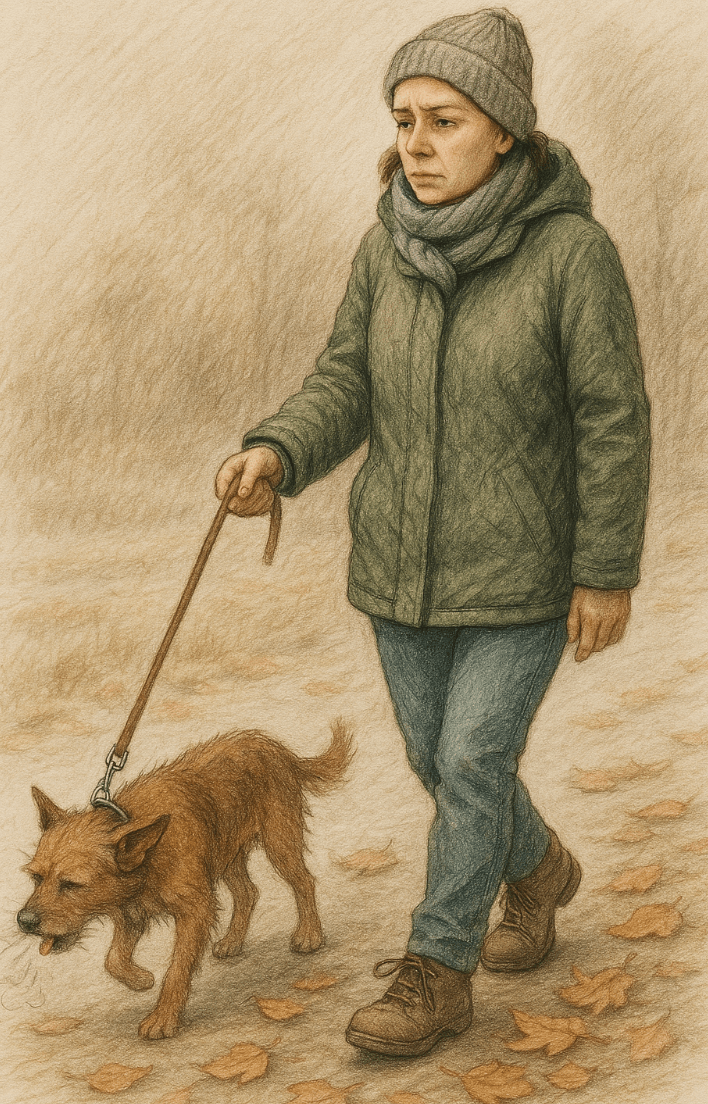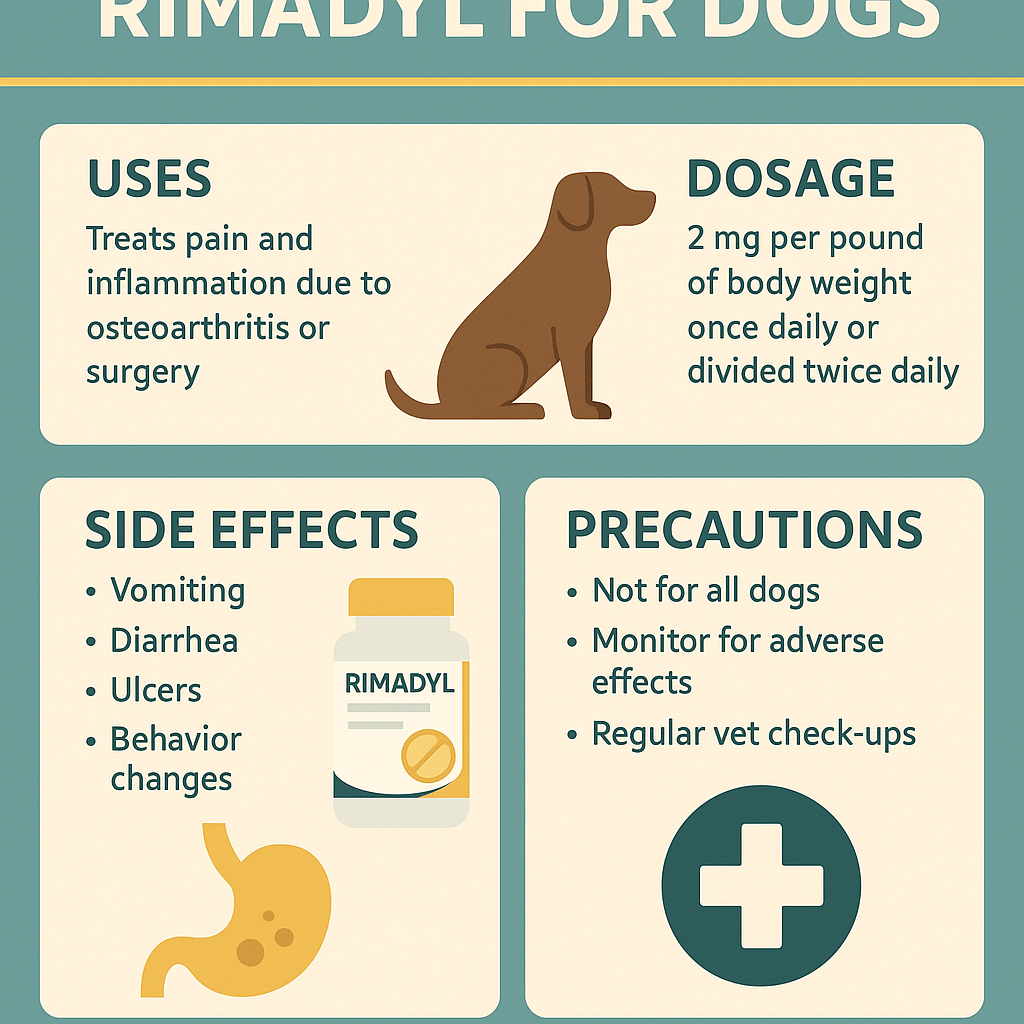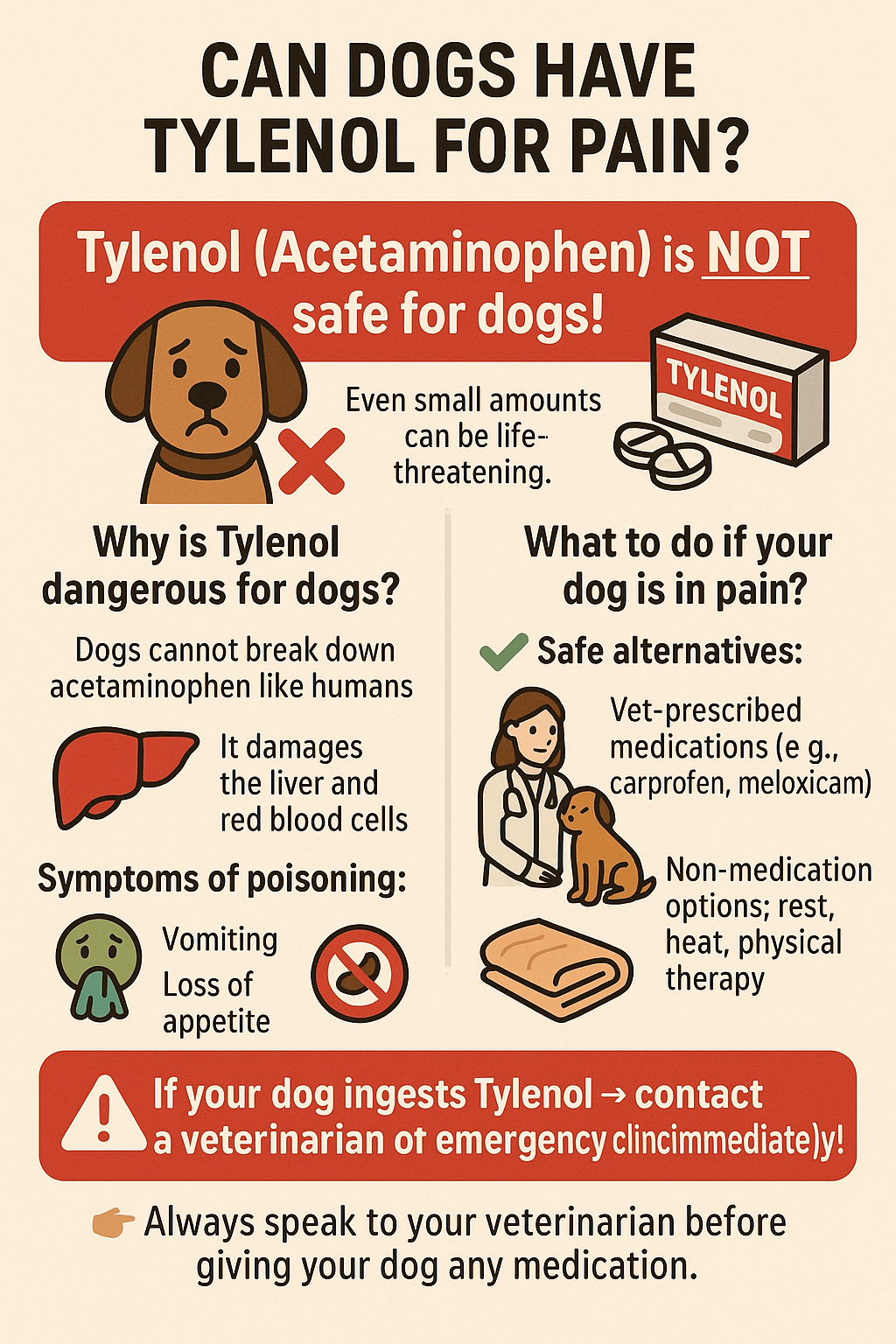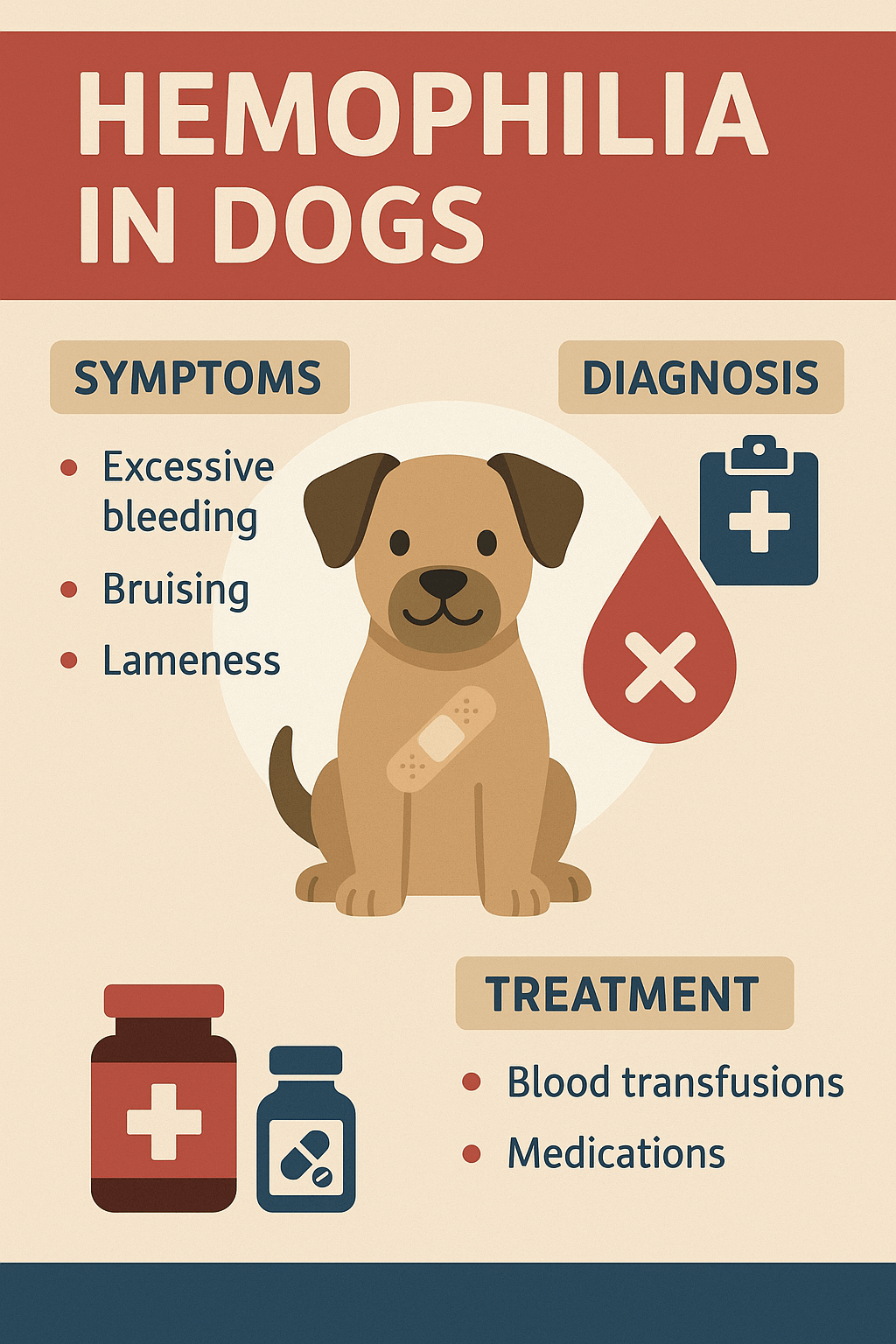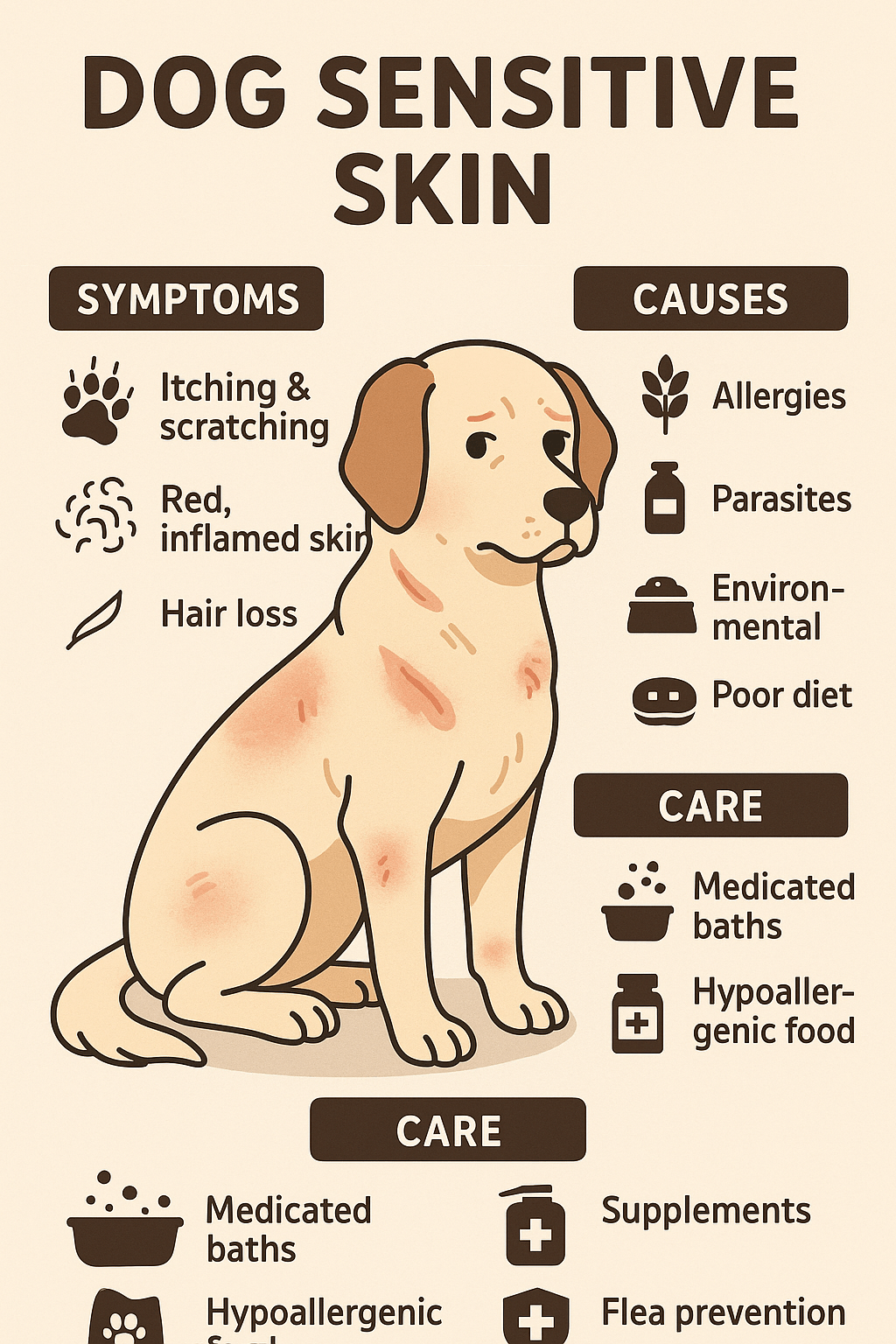Can I Walk My Dog with Kennel Cough?
Kennel cough, also known as canine infectious tracheobronchitis, is a highly contagious respiratory condition that can leave your dog feeling under the weather. While it’s not usually life-threatening, kennel cough can cause discomfort and affect your dog’s energy levels. Many pet owners wonder whether it’s safe to take their dog for a walk during this time. After all, exercise is essential for your dog’s physical and mental well-being—but so is rest when they’re unwell. In this blog post, we’ll explore the risks, benefits, and precautions of walking your dog with kennel cough, helping you make an informed decision that prioritizes your furry friend’s health.
Signs Your Dog Has Kennel Cough
Before deciding whether to walk your dog, it’s important to recognize the symptoms of kennel cough. Identifying these signs early ensures you can provide proper care and avoid worsening their condition.
Persistent Coughing:
A dry, hacking cough is the most common symptom and may sound like your dog has something stuck in their throat.Runny Nose or Watery Eyes:
Nasal discharge and watery eyes often accompany kennel cough, similar to a human cold.Lethargy:
Dogs with kennel cough may seem unusually tired or reluctant to engage in activities they normally enjoy.Loss of Appetite:
A decrease in appetite can indicate that your dog isn’t feeling well and may need extra rest.Fever (in Severe Cases):
While less common, some dogs develop a mild fever, signaling a more serious infection.
Understanding these symptoms helps you gauge your dog’s condition and determine whether walking is appropriate.
Risks of Walking Your Dog with Kennel Cough
Walking a dog with kennel cough can pose several risks, both to your pet and other dogs they might encounter. Being aware of these dangers ensures you make responsible decisions about exercise during recovery.
Exacerbating Symptoms:
Physical activity can strain your dog’s respiratory system, worsening their cough and delaying recovery.Spreading the Illness:
Kennel cough is highly contagious, and walking your dog increases the risk of transmitting it to other dogs at parks or on trails.Increased Fatigue:
Exercise may tire your dog further, leaving them too exhausted to eat, drink, or rest properly.Compromised Immune System:
Overexertion can weaken your dog’s immune system, making it harder for them to fight off the infection.Potential for Secondary Infections:
Stress from physical activity could lead to secondary infections, complicating your dog’s recovery process.
These risks highlight why caution is crucial when considering walks for a dog with kennel cough.
Check this guide 👉Antibiotics for Kennel Cough: Best 7 Expert Tips!
Check this guide 👉Dog Cold vs Kennel Cough: Best 7 Expert Tips!
Check this guide 👉Can a Dog Get Kennel Cough if Vaccinated? Best 7 Tips!
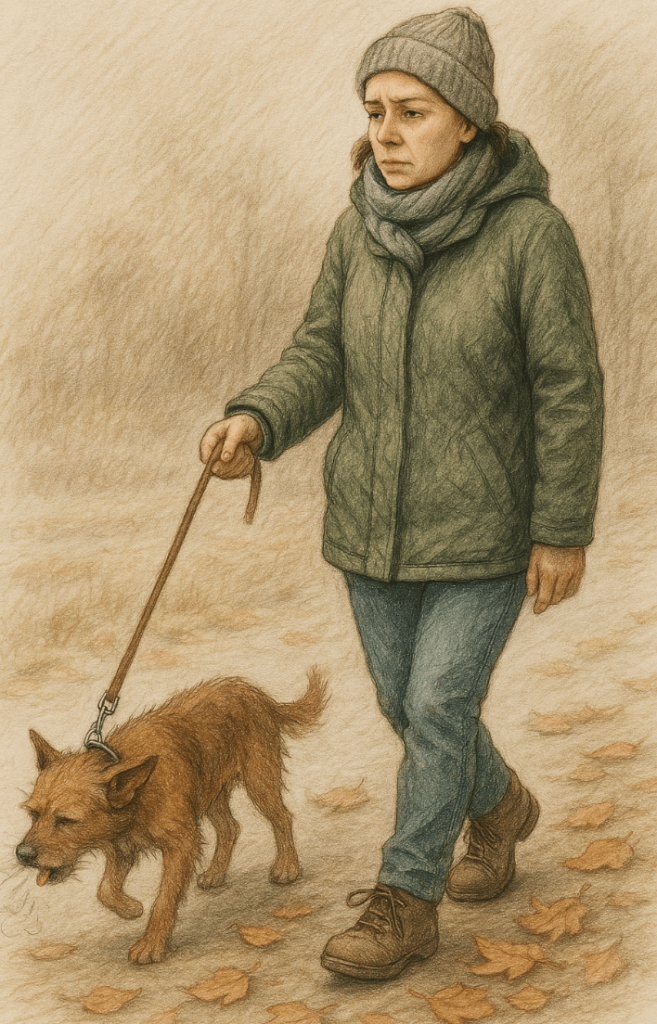
Precautions for Walking a Dog with Kennel Cough | Alternative Activities During Recovery |
|---|---|
Keep walks extremely short and slow-paced | Play gentle indoor games like fetch |
Avoid crowded areas where other dogs gather | Practice basic obedience training at home |
Monitor your dog closely for signs of distress | Provide interactive toys for mental stimulation |
Consult your vet before taking your dog outside | Offer soothing massages to reduce stress |
Ensure your dog is hydrated before and after walks | Create a cozy resting space for relaxation |
When It’s Okay to Walk Your Dog with Kennel Cough
While walking a dog with kennel cough requires caution, there are situations where light exercise might be acceptable. Here’s how to determine if it’s safe and what precautions to take.
Mild Symptoms Only:
If your dog has a slight cough but otherwise seems energetic, a short walk may be fine. Always monitor their behavior closely.Veterinary Approval:
Before heading out, consult your vet to ensure walking won’t harm your dog’s recovery.Avoid Strenuous Activity:
Stick to leisurely strolls rather than brisk walks or runs, which could strain their lungs.Limit Exposure to Other Dogs:
Walk in isolated areas to minimize the risk of spreading kennel cough to other pets.Observe for Negative Reactions:
If your dog shows signs of exhaustion or worsened symptoms, cut the walk short and head home immediately.
With careful planning, you can balance your dog’s need for fresh air and movement without compromising their health.
How to Help Your Dog Recover Faster
Supporting your dog’s recovery involves more than just limiting walks—it means creating a comfortable environment and providing attentive care.
Provide Plenty of Rest:
Encourage your dog to sleep and relax, as rest is vital for healing their respiratory system.Keep Them Hydrated:
Fresh water helps thin mucus and keeps their throat moist, easing discomfort from coughing.Use a Humidifier:
Adding moisture to the air can soothe irritated airways and reduce coughing fits.Feed Nutritious Meals:
High-quality food supports your dog’s immune system, aiding faster recovery.Administer Prescribed Medications:
Follow your vet’s instructions for any medications or treatments to manage symptoms effectively.
By focusing on these steps, you can help your dog bounce back quicker and return to their usual playful self.
Tips for Preventing Kennel Cough
Prevention is key to avoiding the stress and inconvenience of kennel cough. Here are some proactive measures to protect your dog.
Vaccinate Regularly:
The Bordetella vaccine reduces the risk of kennel cough, especially for dogs frequently exposed to other animals.Choose Reputable Boarding Facilities:
Ensure kennels or daycare centers follow strict hygiene protocols to minimize disease transmission.Avoid Sick Dogs:
Keep your dog away from animals showing signs of respiratory illness, such as coughing or sneezing.Practice Good Hygiene:
Wash your hands and clean shared items like bowls and toys to prevent the spread of germs.Boost Their Immune System:
A balanced diet, regular exercise, and routine vet check-ups help keep your dog’s immune system strong.
Taking these steps minimizes the chances of your dog contracting kennel cough.
Signs Your Dog Is Ready to Resume Normal Activity
Knowing when your dog has fully recovered is essential before resuming regular walks and playtime. Look for these indicators of improvement.
Disappearance of Coughing:
Once the persistent cough subsides, it’s a good sign your dog is on the mend.Increased Energy Levels:
A return to their usual playful behavior suggests they’re feeling better.Improved Appetite:
Eating normally indicates that your dog’s body is healing and regaining strength.No Nasal Discharge:
Clear nasal passages mean the infection has likely cleared up.Veterinary Clearance:
Always confirm with your vet that your dog is ready to resume normal activities.
These signs ensure you reintroduce exercise safely and confidently.
How to Keep Your Dog Entertained Indoors During Recovery
While your dog recovers from kennel cough, keeping them entertained indoors is crucial to prevent boredom and frustration.
Interactive Puzzle Toys:
Toys that dispense treats challenge your dog mentally and keep them engaged without physical exertion.Short Training Sessions:
Teach new commands or reinforce old ones using positive reinforcement techniques.Gentle Tug-of-War Games:
Low-impact games like tug-of-war provide fun without straining their respiratory system.Window Watching:
Place a comfy bed near a window so your dog can observe outdoor activity and stay stimulated.Bonding Time:
Spend quality time cuddling or grooming your dog to strengthen your bond and comfort them during recovery.
These activities ensure your dog remains happy and content while healing.
Frequently Asked Questions About Kennel Cough and Walking
How long does kennel cough last?
Kennel cough typically lasts 1-3 weeks, though severe cases may take longer to resolve.
Is kennel cough dangerous?
For most healthy dogs, kennel cough is uncomfortable but not life-threatening. However, puppies, seniors, and immunocompromised dogs are at higher risk.
Should I isolate my dog with kennel cough?
Yes, isolating your dog prevents the spread of the illness to other pets.
Can humans catch kennel cough?
While rare, certain strains of kennel cough can infect humans with weakened immune systems.
What if my dog seems worse after a walk?
Stop walking immediately, contact your vet, and focus on rest and hydration to aid recovery.
Prioritizing Your Dog’s Health During Kennel Cough Recovery
Walking your dog with kennel cough requires careful consideration of their symptoms, energy levels, and overall well-being. While fresh air and gentle movement can benefit some dogs, overexertion or exposure to others can prolong recovery and spread the illness. By following expert advice, monitoring your dog’s condition, and prioritizing rest, you can help them heal faster and return to their happy, active selves. Remember, your dog relies on you to make the best decisions for their health—so always err on the side of caution when in doubt.
Rimadyl for Dogs: Best 7 Expert Tips! Discover expert advice on using Rimadyl safely, managing pain, and improving your dog’s mobility with trusted veterinary insights.
Can Dogs Have Tylenol for Pain? Best 7 Expert Tips! Discover the risks, safe alternatives, and expert advice on managing your dog’s pain effectively while avoiding harmful medications.
Understanding Hemophilia in Dogs: Best 7 Expert Tips! Discover expert advice on managing hemophilia, recognizing symptoms, and ensuring your dog’s well-being with practical care strategies.
Understanding Dog Sensitive Skin: Best 7 Expert Tips! Discover expert advice on managing dog sensitive skin, relieving irritation, and improving your pup’s comfort with practical solutions.

